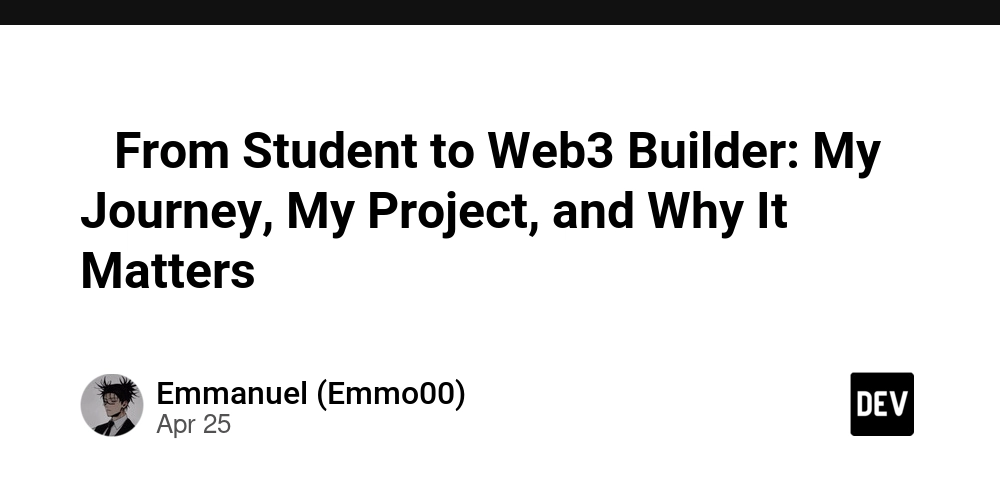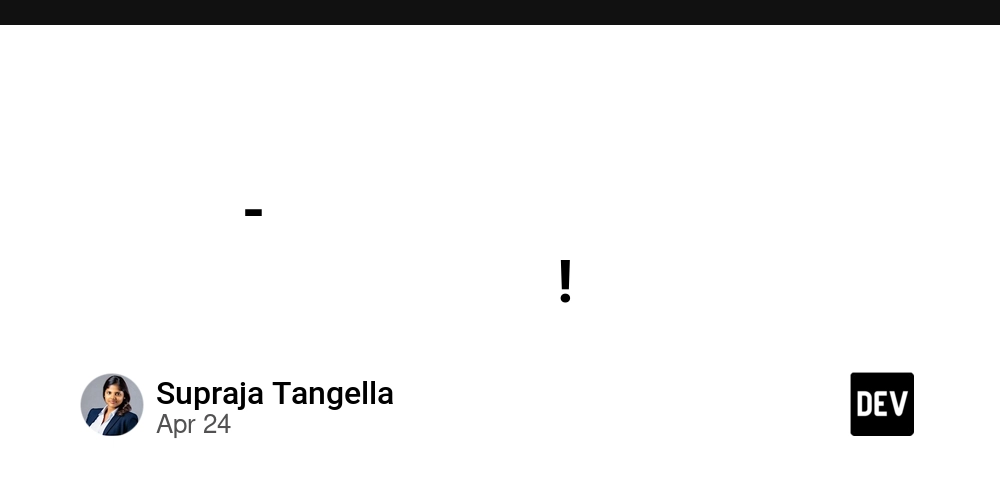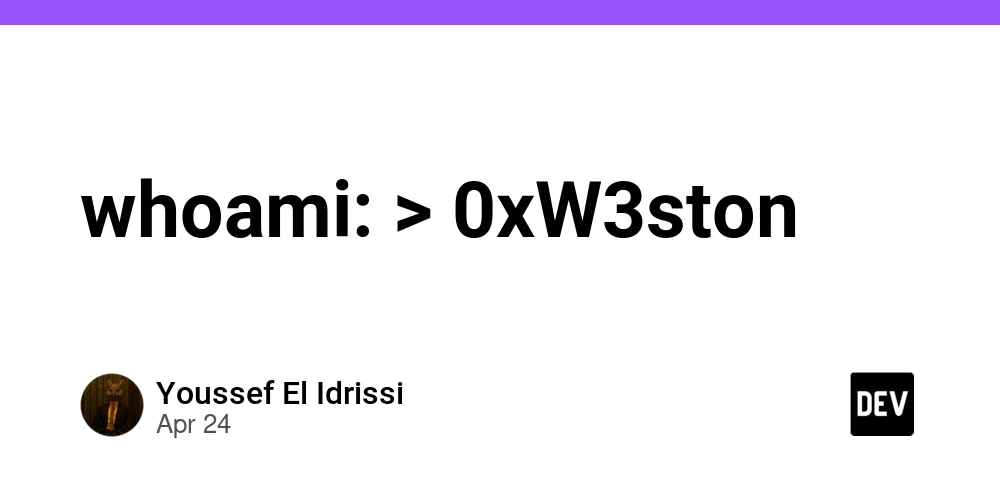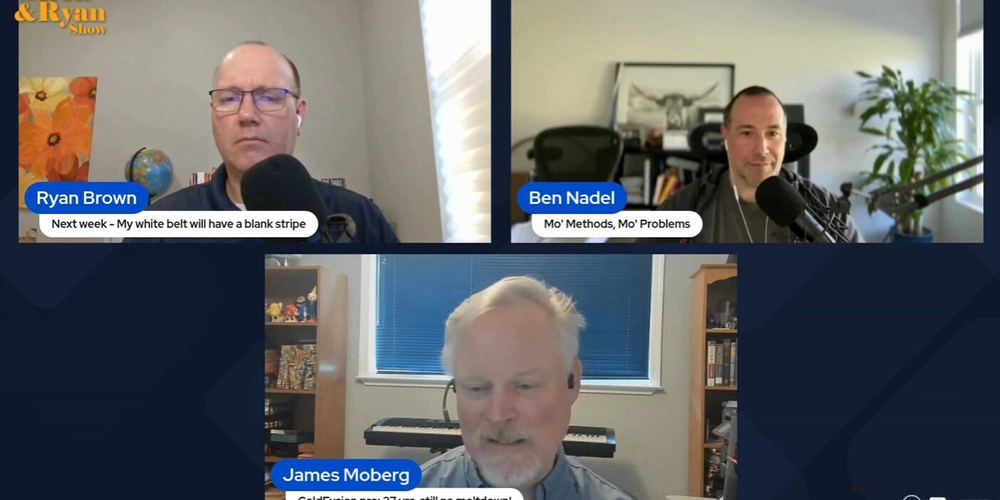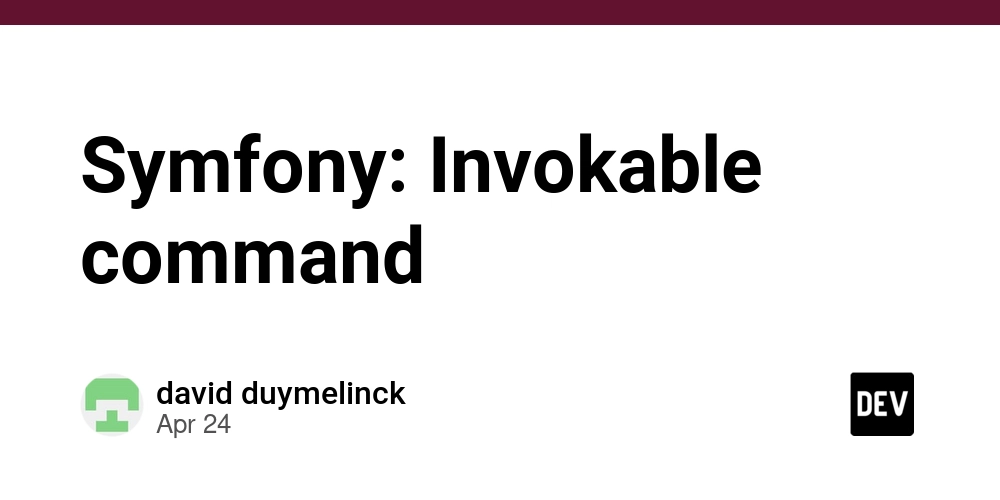
New Developers: 4 Key Lessons to Build, Break, and Learn Effectively
Feeling overwhelmed as a new developer? You're not alone! Many junior developers face similar challenges. This article dives into four critical lessons to help you navigate the early stages of your coding journey, maximize your learning as a new developer, and avoid common pitfalls.
1. Ditch "Neighborhood Pressure": Build for Yourself, Not Imaginary Critics
As a junior developer, it's easy to get caught up worrying about what others think. You might hesitate to share your code on GitHub, fearing negative feedback. But remember, even if you create something amazing, someone will always find fault.
- Focus on your own goals and learning.
- Embrace criticism as a learning opportunity.
- Realize that very few people are scrutinizing your code as closely as you imagine.
Instead of worrying about "what will they say?", concentrate on building something you're proud of. Harsh feedback is just fuel to improve and grow!
2. Avoid Learning Greed: Prioritize Depth Over Breadth to Master Your Time
It's tempting to jump on every new technology and framework as a new developer. However, trying to learn everything at once leads to half-baked knowledge and abandoned projects.
- Resist the urge to chase every shiny new trend.
- Focus on learning what your current projects require.
- Deepen your understanding of core concepts instead of spreading yourself thin.
Effective time management is crucial. Understand your work rhythm. Do you need breaks every 30 minutes? Plan your coding sessions accordingly. Your time is a finite resource, so use it wisely!
3. Draw the Line: Define Realistic Project Scope to Avoid Half-Finished Work
One of the biggest traps for new developers is scope creep. Trying to turn every project into a "world-changer" leads to a graveyard of unfinished ideas.
- Set clear and realistic boundaries for your projects upfront.
- Resist the urge to add unnecessary features.
- Prioritize completing a functional product over adding endless bells and whistles.
Finishing a project, even a small one, provides invaluable experience and boosts your confidence. Don't chase every "brilliant idea" that comes your way. Focus on completing what you've already started! Instead of scope creep, focus on delivering value to users, and if need be, expanding on features incrementally.
4. AI as a Mentor, Not a Crutch: Learn to Fish, Don't Just Eat Cooked Fish
AI tools can be incredibly helpful for new developers, providing guidance and code snippets. However, relying too heavily on AI can hinder your learning process.
- Use AI as a mentor to suggest technologies and resources.
- Always question AI's recommendations and verify information.
- Never copy-paste code without understanding what it does.
Understanding basic security is also essential. Copy-pasted code might contain errors or security vulnerabilities. LLMs can make mistakes, pulling code from unreliable sources. Use AI to accelerate learning, but don't let it replace critical thinking and independent problem-solving.
Keep Building, Keep Growing as a New Developer
Coding is a journey of continuous learning and improvement. Own your flaws, embrace challenges, and focus on continuous growth. New developers should remember that improvement can be found in the growth of yourself, your projects, you quality of life, and your hobbies. Don't lose your humanity along the way! Start a small project today, finish it, and share it. That accomplishment is worth everything.












